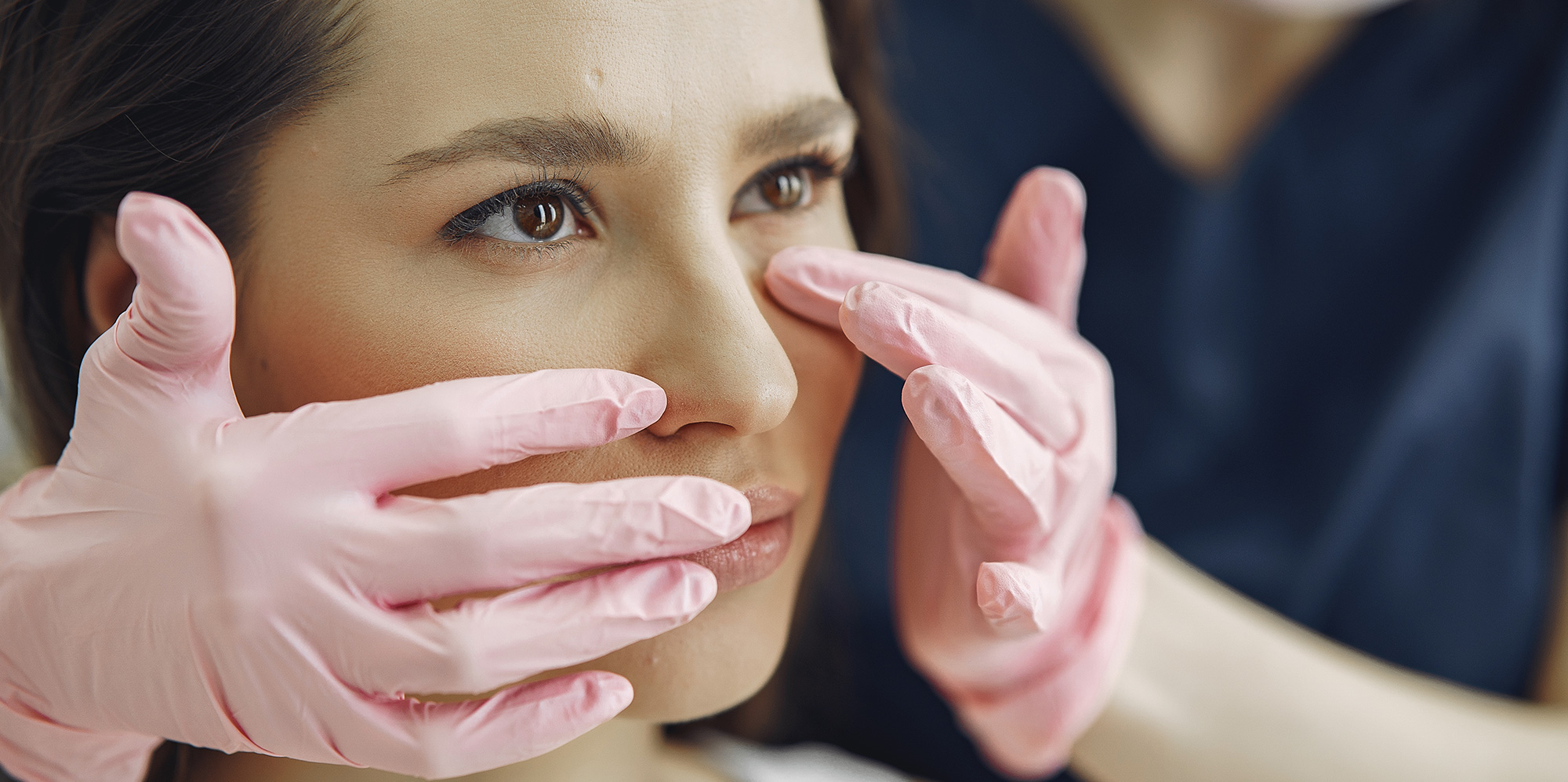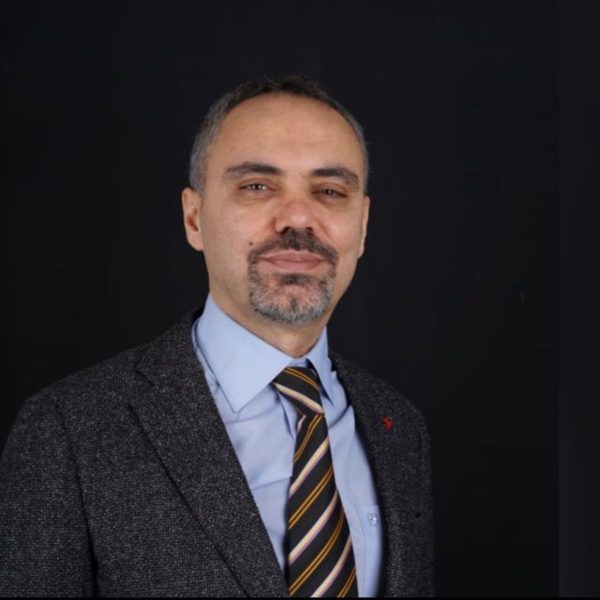Recovery Process After Rhinoplasty Surgery

Everything You Need to Know About Rhinoplasty: Recovery Timeline, Tips, and Precautions
Depending on the amount of work to be done, rhinoplasty is a complex procedure that requires the utmost precision, patience, and skill. However, predicting a specific rhinoplasty recovery timeline can be difficult even for the most experienced facial plastic surgeon. Recovery timelines and experiences generally vary from one patient to another, but there are a few things that you can do to ease the process as much as possible.
How Long Does It Take to Fully Recover from Rhinoplasty?
On average, it takes about a full year to completely recover from a rhinoplasty or nose reshaping procedure. As long as you do everything you can to maintain optimal health and take good care of your nose during this time, you might even be able to minimize the recovery time.
To give you a better idea of what to expect during your rhinoplasty recovery period, here’s a weekly breakdown of the timeline:
- Week 1: Your facial plastic surgeon will examine your nose and most likely remove your splint. During this time, you may notice some minor bruising around the eyes, but otherwise you should be able to resume your normal activities. Just be mindful of everything you do, how much sun exposure you get, and don’t put any pressure on your face or lift heavy objects.
- Week 2: Most of the facial bruising and swelling should have subsided by now.
- Weeks 3 and 4: If you work out, at this point you can resume cardiovascular exercises.
- Week 6: Resistance workouts and strength training can be resumed at this time as the bones should be stable. But be sure to consult with your facial plastic surgeon and general physician before resuming strenuous physical activities.
- 3 to 6 Months: Numbness and abnormal skin sensations around your nose should be completely gone by this point.
- One year: By this point, the healing process should be complete, give or take a few weeks or months. You shouldn’t experience any swelling, bruising, discomfort, redness, or pain at this point. Also, you should be able to see the full results of your rhinoplasty. Consult with your facial plastic surgeon immediately if you notice any abnormal side effects.
FAQ
Your first stage of recovery will be overcoming the side effects caused by the general anaesthetic and medication. You will probably be quite drowsy and the only recommendation is to just relax, take it easy and try and sleep if off. Your pain should be low but if you are feeling any let the nursing team or your surgeon know and they can look at your medication again.
You will go home in a splint which may feel a little uncomfortable but it is important that this is left on until your nurse or surgeon says otherwise. Normally splints are removed at your 1 week post op appointment. After the splint has been removed your nose will swell slightly so it may be a few more weeks before you see the final result.
Ideally you should try to avoid blowing your nose for at least three weeks after your surgery. You nose will be feeling very delicate so not only would it be quite painful but blowing your nose could also cause further bleeding and open you up to the risk of infection.
For the first two weeks you will be advised to avoid sleeping on your side or on your front as this could result in you displacing bones in the bridge of your nose. We recommend sleeping elevated with 2-3 pillows to try and reduce any facial swelling too.
If you wear glasses on a daily basis it may be worth looking into getting a supply of contact lenses. Due to the pressure that glasses put on the bridge of the nose we ask that patients avoid wearing them for at least 6 weeks after the operation. Another option is to look for glasses that instead take support on the sides of the nose, these can be worn as soon as it feels comfortable to do so – although check with your surgeon first.
You should not exercise for at least 2 to 3 weeks after surgery. Starting to exercise again too soon could cause unnecessary nose bleeds so it is best to start gradually but avoid any yoga positions for example that cause you to be in a head-stand position or similar.
Make-up will be fine to wear 1 week after surgery although be very careful applying it if you still have your splint on as you want to be able to keep that area as clean as possible and any leftover make-up could cause your skin to break out.
You may find that trying to breathe through your nose is a little restricted straight after a rhinoplasty. You don’t need to panic however this is just temporary and is mainly due to the swelling in the lining of the nose. You will find your nose will start to feel clearer and breathing through it will start to come naturally again after 3 to 4 weeks but if you are concerned at any stage don’t hesitate to contact your surgeon or nursing cream.

Dr. Yunus Kaplan
Dr. Yunus Kaplan: Best Rhinoplasty in Istanbul
Born in 1979 in Iskenderun, The Yunus Kaplan Private Clinic was founded ,a renowned otorhinolaryngologist (ear, nose, and throat specialist) who has specialized in facial aesthetics for more than 15 years in Istanbul ,After graduating from; Gaziantep University Faculty of Medicine in 2001,YunusKaplan left the Department of ENT at Gaziantep University Faculty of Medicine as an expert in 2009. Afterwards,he Worked in the following hospitals,respectively;
